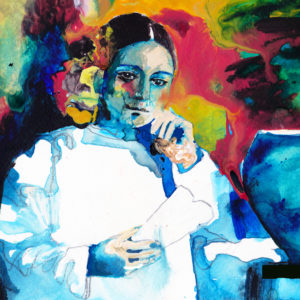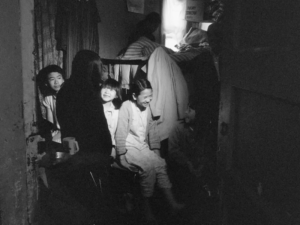Posts Tagged ‘documentary film’
Unladylike2020
Women’s lives have long been overlooked by historians, especially the lives of women of color. But a new PBS project, UnladyLike2020, is producing 26 documentary shorts of unsung women heroes of American history. Part of PBS’s American Masters series honoring the 100th anniversary of women’s suffrage, just aired a film about Tye Leung Schulze. …
Read MoreChinatown Rising
This summer, I saw the new film “Chinatown Rising” in San Francisco. It’s a new documentary directed by Harry Chuck and Josh Chuck, a father and son team. Both of them have been deeply involved with Cameron House, whose early history I explore in my latest book. The Rev. Harry Chuck, a social activist and…
Read More
